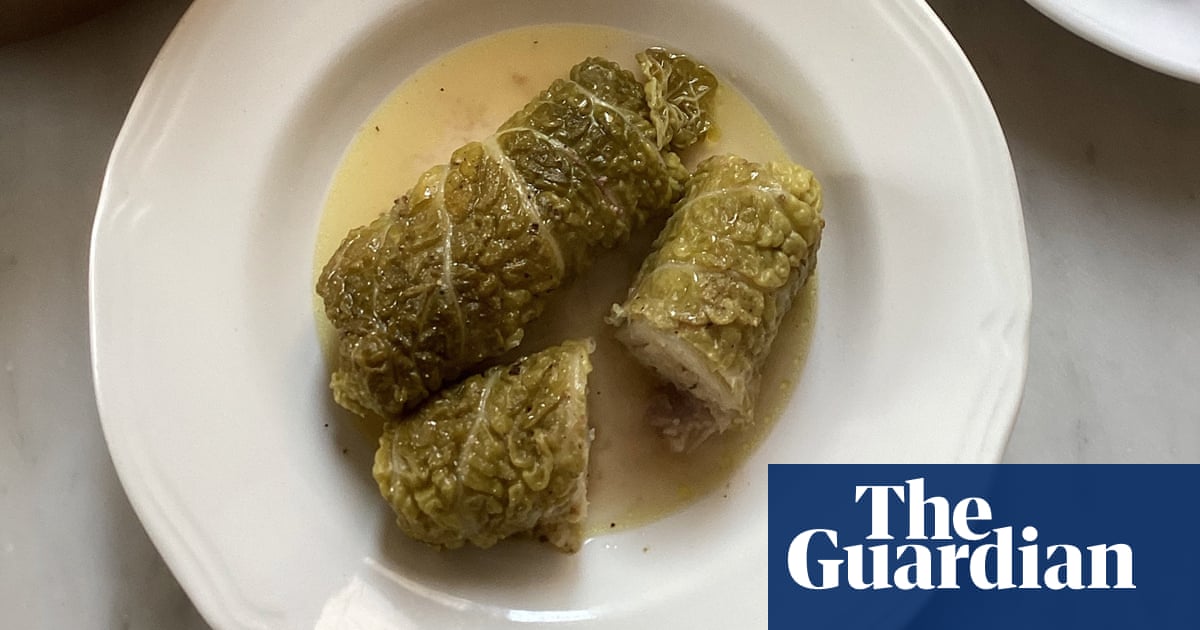Since Auguste Comte, philosophers have assumed that progress is an inevitable feature of history. As the father of positivism, Comte argued that the human condition always improves as science and technology advance.
A single commonplace object proves Comte’s assertion absurd and fallacious: the spork.
The spork is a prime example of the debasement of our species. Everyone who has ever tried to use it realizes the idiocy of the contraption. Its design – a shallow bowl with small projecting truncated tines – precludes any effective use as either a spoon or a fork.
Instead, it combines the worst features of both utensils: liquid spills through the diminutive tines before soup hits the lips, and the tines themselves are too blunt to easily puncture and convey to the mouth anything that might be considered solid food.
Why then are we subjected to this disaster on a regular basis? And what could set us free from its poorly manufactured grip?
The origins of this utensil date back to 1874, when a doctor and inventor named Samuel W Francis was awarded the first US patent for a knife-fork-spoon hybrid. Made of metal and designed to pierce solid foods, it was never intended for people able to use cutlery in each hand. Rather, Francis designed his new utensil so that a mother with a baby in her arms, or a person with only one functioning limb, could manage to eat without difficulty.
The term “spork” was first trademarked in 1951 by Hyde W Ballard, and the well-known plastic version appeared on the market in 1970, at which point it began to proliferate in every takeout and fast-food establishment in the nation.
Obviously, the quintessentially American fast foods – hamburgers and fries, pizza, and sandwiches – need no utensils at all; their informality and portability appeal to our sense of speed and convenience. But for any food that does require a utensil, the spork costs businesses exactly half as much as supplying customers with a spoon and fork. That’s how this patently absurd excuse for hybrid cutlery insinuated itself into our dining space, forcing us to abandon the efficiency of an array of silverware to tackle every possible shape and consistency we want to cross our lips.
Perhaps the success of the spork may also be attributed to the fact that Americans never really became comfortable using a knife and fork. We tend to cut food with a knife in the right hand and a fork in the left, and then trade the utensils in order to eat. We also keep the tines of the fork upward like a scoop, unlike in Europe, where the fork stays in the left hand and the tines point downward. This is apparently because Americans first began to use forks in the 17th century, before they fully evolved in Europe. In any case, it might explain why many people were happy jettisoning the fork entirely in favor of the spork.
The spork that’s become ubiquitous over the last few decades – the plastic version – deserves the full brunt of our opprobrium. Pre-eminently disposable, destined for landfills and the stomachs of defenseless sea creatures, plastic is the single most heinous material humans have ever invented. This is not only because of its detrimental environmental effects but from a purely gastronomic point of view. It is the taste of industrial waste.
You might point to the environmentally friendly bamboo utensils that are beginning to become familiar. Bamboo can be grown sustainably, and it can make tableware that is beautiful, if flimsy. But these utensils are still almost always disposable. They might be appreciated for a single meal, but sporks are designed not to be taken seriously, not to be cared for, not to be loved – just like Forky from the Toy Story movie (who was actually a spork).
What we really need are a few utensils that we can keep on hand and use over and over again, cherish and appreciate aesthetically. And yes, actually function.
A few years ago, I took it upon myself to learn how to carve wooden spoons. I’ve since been invited to speak about spoon-making at academic conferences in places as far flung as Boston, Budapest, Oxford, Ottawa and San Diego. I think the interest in my work speaks to people’s longing to form long-term emotional bonds with the objects they use every day. Perhaps William Morris was right when he said that people long to own objects they know to be useful and believe to be beautiful.
That’s why I now see extended exercise in spoon-making as a call to arms: literally, arm yourselves with sharp knives and tree saws. Get out there and look at trees, learn which species are best for carving, and take a whack at a practice that will not only enrich your relationship to the natural world, but also enhance the gastronomic pleasure in every meal – including that takeout lunch. Only then can we banish forever the nefarious plastic spork.
Ken Albala is Tully Knoles Endowed Professor of History at the University of the Pacific. He is at work on a manifesto on food, wooden spoons and pottery bowls. This was written and originally published by Zócalo Public Square.

 2 months ago
45
2 months ago
45













































